My 45 Years as an Entrepreneur: Lessons in Innovation and Growth
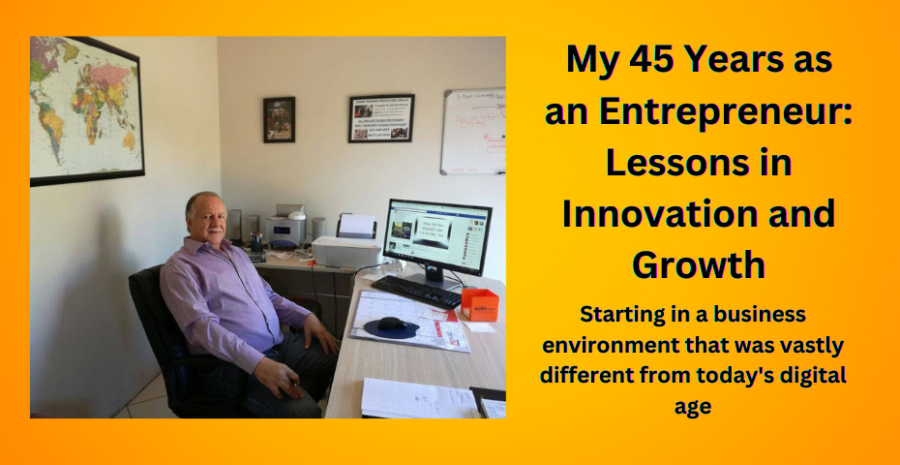
Introduction
Reflecting on 45 years of entrepreneurial experience is not only a nostalgic journey but also a deep dive into the key moments that shaped my career and the businesses I’ve built along the way.
From the early days of uncertainty and challenge to the more recent evolution of industries and technologies, my journey has been defined by an unwavering commitment to growth and innovation.
Starting in a business environment that was vastly different from today's digital age, I have witnessed the rise and fall of various trends, the emergence of groundbreaking technologies, and shifts in consumer behavior that no one could have predicted. However, through it all, a few fundamental principles remained timeless.
Over the years, I’ve come to realize that entrepreneurship is not just about chasing profits or building businesses; it’s about resilience, adaptability, and the constant quest for improvement. Innovation, far from being a buzzword, has been a crucial driver of growth throughout my career.
It has demanded an openness to new ideas, even when they seemed disruptive or untested. But innovation alone is not enough. Growth—sustainable, meaningful growth—requires more than just good ideas. It demands strategic thinking, a clear vision, and the ability to navigate setbacks with confidence.
In this blog, I’ll share ten of the most important lessons I’ve learned throughout my 45 years as an entrepreneur. These lessons are a culmination of both successes and failures, partnerships that flourished and those that fizzled out, risks taken that paid off, and others that didn’t.
While every business journey is unique, the principles that guide long-term success remain universal. I hope that by sharing these insights, I can provide valuable perspectives to both new and seasoned entrepreneurs alike as they navigate their own paths to innovation and growth.
1. Embrace Change as the Only Constant

One of the earliest lessons I learned in business is that change is inevitable, and the ability to embrace it is a cornerstone of long-term success. Whether it's technological advancements, market dynamics, or consumer preferences, nothing stays the same for too long.
In my early years, I struggled with this idea, as I often found comfort in routine and familiarity. But I quickly realized that stagnation is the death of any business. I had to learn to adapt—sometimes slowly, sometimes overnight. Staying open to change allowed me to pivot when necessary and capitalize on new opportunities that arose.
I’ve seen industries transform overnight due to technological disruption, and those who resisted were often left behind. Embracing change doesn’t mean chasing every new trend, but it does require the awareness that adaptability is crucial for survival.
2. Innovation Is About Solving Problems
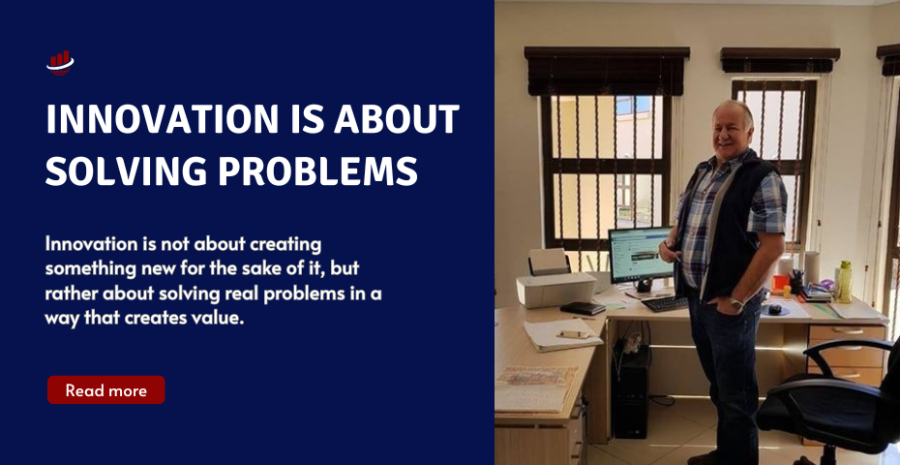
Innovation is not about creating something new for the sake of it, but rather about solving real problems in a way that creates value. Over the years, I have seen many businesses introduce products or services that were novel but didn’t address a clear need.
Innovation should always be customer-focused. In my own ventures, the most successful innovations were those that solved pain points for my clients. Whether it was a process improvement, a new product feature, or a completely new offering, the focus was always on making the customer’s life easier.
It’s not about being flashy or following fads; it’s about meaningful, value-driven changes that resonate with your target market.
3. Failure Is a Stepping Stone to Success
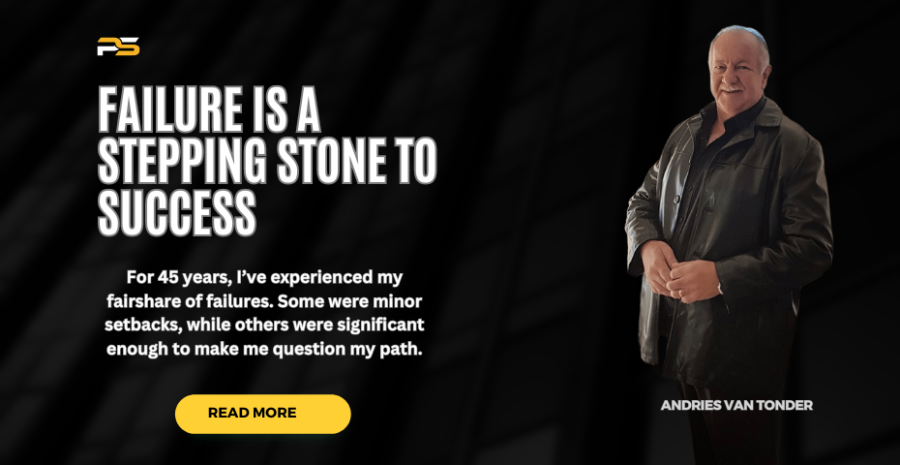
For 45 years, I’ve experienced my fair share of failures. Some were minor setbacks, while others were significant enough to make me question my path. But if there’s one thing I’ve learned, it’s that failure is not the end—it’s a crucial part of the journey.
Each failure has taught me invaluable lessons about what doesn’t work, which in turn has helped refine what does. Entrepreneurs must develop a thick skin when it comes to failure. It’s easy to let a setback shake your confidence, but resilience is key.
Every time I failed, I took the time to analyze what went wrong, learned from it, and used that knowledge to make better decisions moving forward. Success isn’t about avoiding failure; it’s about learning from it and coming back stronger.
4. Relationships Are Your Greatest Asset
.png)
Throughout my career, I have found that the relationships I’ve built with clients, partners, and employees have been my greatest assets. People do business with people they trust, and trust takes time to build. I’ve seen entrepreneurs chase the next big deal, forgetting that long-term business success is built on the foundation of strong relationships.
Cultivating trust, demonstrating reliability, and consistently delivering value have allowed me to form lasting partnerships. These relationships have not only led to repeat business but have also opened doors to new opportunities that I might never have encountered otherwise.
5. Adapt Your Leadership Style to the Times
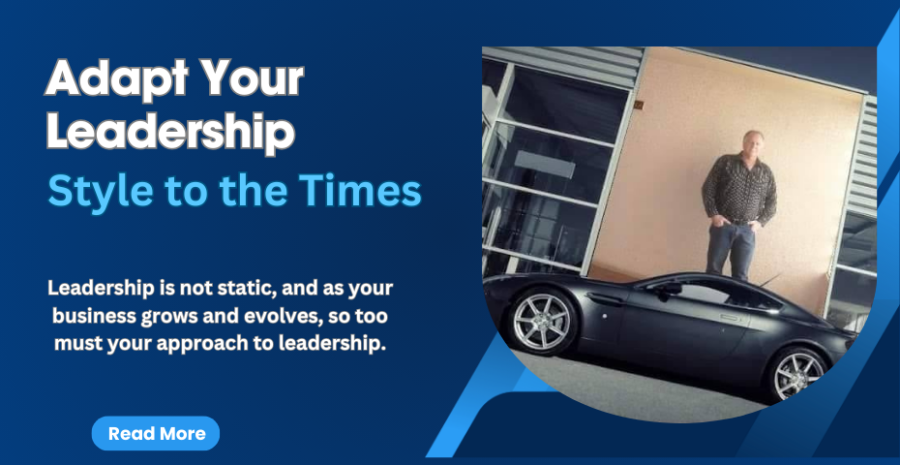
Leadership is not static, and as your business grows and evolves, so too must your approach to leadership. When I started my first business, I led with a more hands-on, authoritarian style because that was what I knew.
But over time, I realized that my approach needed to evolve.
As the teams I led grew in size and skill, they needed a leader who could inspire and delegate, not just direct. Effective leadership today is less about being the smartest person in the room and more about empowering others to take ownership of their work.
I’ve learned that true leadership is about building a strong team and creating an environment where innovation can thrive.
6. Be Willing to Reinvent Yourself
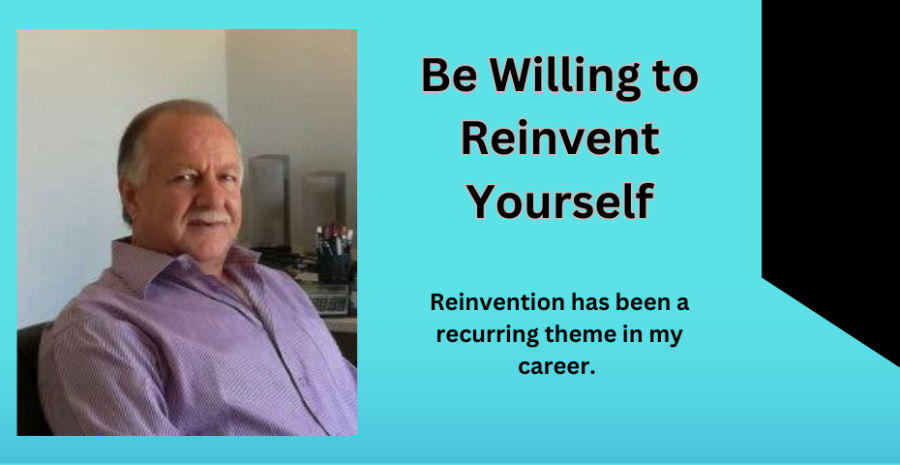
Reinvention has been a recurring theme in my career. Markets evolve, technologies advance, and consumer behaviors shift. As an entrepreneur, I had to be willing to reinvent myself and my businesses multiple times over the years.
Early in my career, I was resistant to this idea, thinking that I had to stay true to my original business model or personal brand. But the truth is, the ability to reinvent yourself is one of the most important traits an entrepreneur can have.
Some of the most successful phases of my career came after I made significant pivots—whether it was in business strategy, industry focus, or even personal growth. Reinvention keeps you relevant in a constantly changing world.
7. Long-Term Vision Is Critical
.png)
In the fast-paced world of business, it’s easy to get caught up in short-term goals and immediate results. However, one of the most important lessons I’ve learned is the importance of maintaining a long-term vision. When I look back at my career, the periods of sustained success were always anchored by a clear, long-term vision.
I made decisions based on where I wanted the business to be in 10 or 20 years, not just on what would bring immediate profits. This long-term thinking allowed me to invest in the right technologies, build lasting relationships, and position my businesses for sustainable growth.
8. Consistency Builds Credibility
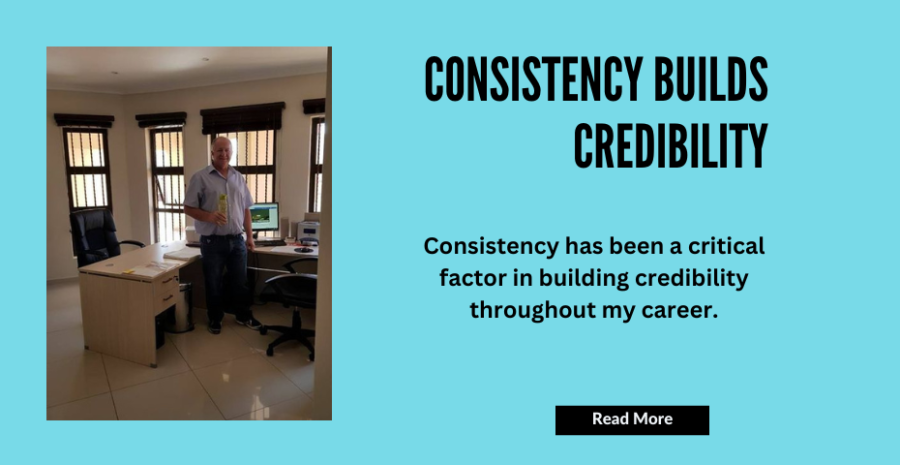
Consistency has been a critical factor in building credibility throughout my career. Whether it's consistently delivering quality products or services, maintaining a strong work ethic, or upholding values, consistency is what fosters trust.
In an era where businesses are vying for consumer attention in increasingly competitive markets, being consistent in your offerings and communication sets you apart. Customers value reliability, and consistently meeting their expectations is what leads to brand loyalty.
It’s not enough to wow people once; you have to deliver value consistently to stay top of mind.
9. Diversification Protects Your Business
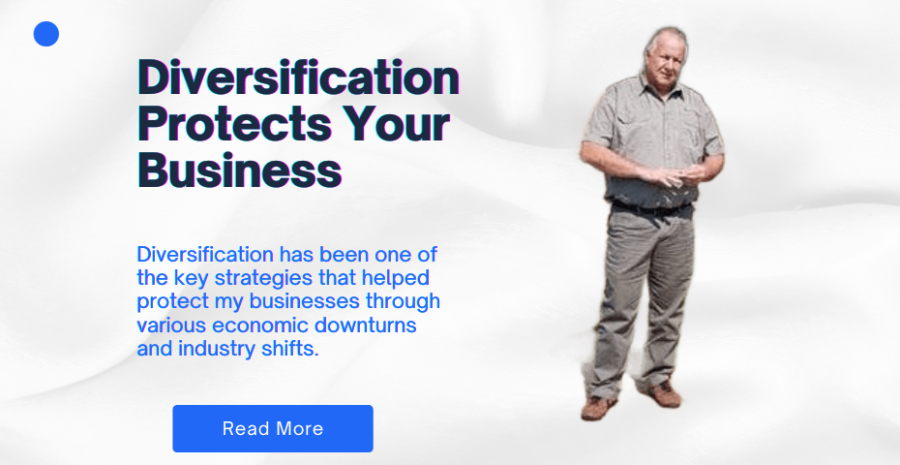
Diversification has been one of the key strategies that helped protect my businesses through various economic downturns and industry shifts. When you have multiple revenue streams or operate in different markets, your business is less vulnerable to any one failure.
I learned this lesson the hard way during economic recessions when businesses that were solely dependent on one product or market were often hit the hardest.
By diversifying, whether through new products, services, or markets, I was able to create a safety net for my businesses, ensuring that a dip in one area wouldn’t sink the entire ship.
10. Keep Learning and Evolving
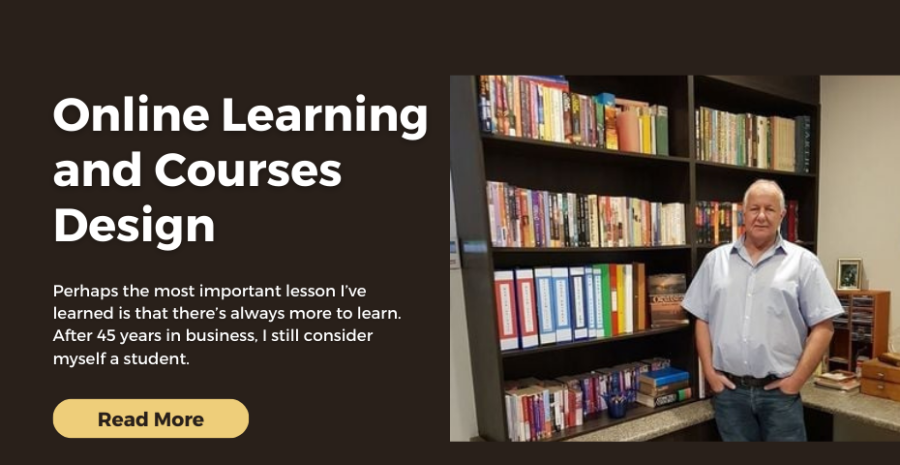
Perhaps the most important lesson I’ve learned is that there’s always more to learn. After 45 years in business, I still consider myself a student. The moment you think you know everything is the moment you stop growing. The business landscape is constantly evolving, and so should you.
Whether it’s learning about new technologies, attending industry events, or seeking advice from younger entrepreneurs, staying open to learning keeps you sharp and adaptable.
Some of the most transformative ideas in my career came from being willing to learn from others, even those less experienced than me.
Last Word
As I look back over the past 45 years, I’m struck by how much has changed in the world of business, and yet how many core principles have remained the same. Innovation and growth are not destinations; they are ongoing processes that require constant attention, dedication, and a willingness to take risks.
My journey as an entrepreneur has been filled with moments of triumph and periods of challenge, but through it all, the pursuit of innovation and sustainable growth has remained at the heart of everything I do.
If there’s one piece of advice I would offer to aspiring entrepreneurs, it’s this: never stop pushing the boundaries of what’s possible, and never lose sight of the values that define your business.
In my experience, the most successful entrepreneurs are those who are able to balance innovation with practicality, who are not afraid to fail but also know when to pivot, and who understand that growth is not just about scaling but about improving and evolving in every aspect of the business.
There is no secret formula for success, but by embracing change, learning from failure, nurturing relationships, and maintaining a long-term vision, you can create a business that not only survives but thrives in an ever-changing world.
Here's to the next 20 years of learning, growing, and innovating.
.png)
About: Andries vanTonder
Over 40 years selfemployed
He is a Serial Entrepreneur, an Enthusiastic supporter of Blockchain Technology and a Cryptocurrency Investor
Find me: Markethive Profile Page | My Twitter Account | My Instagram Acount | and my Facebook Profile.
Markethive News

.png)
